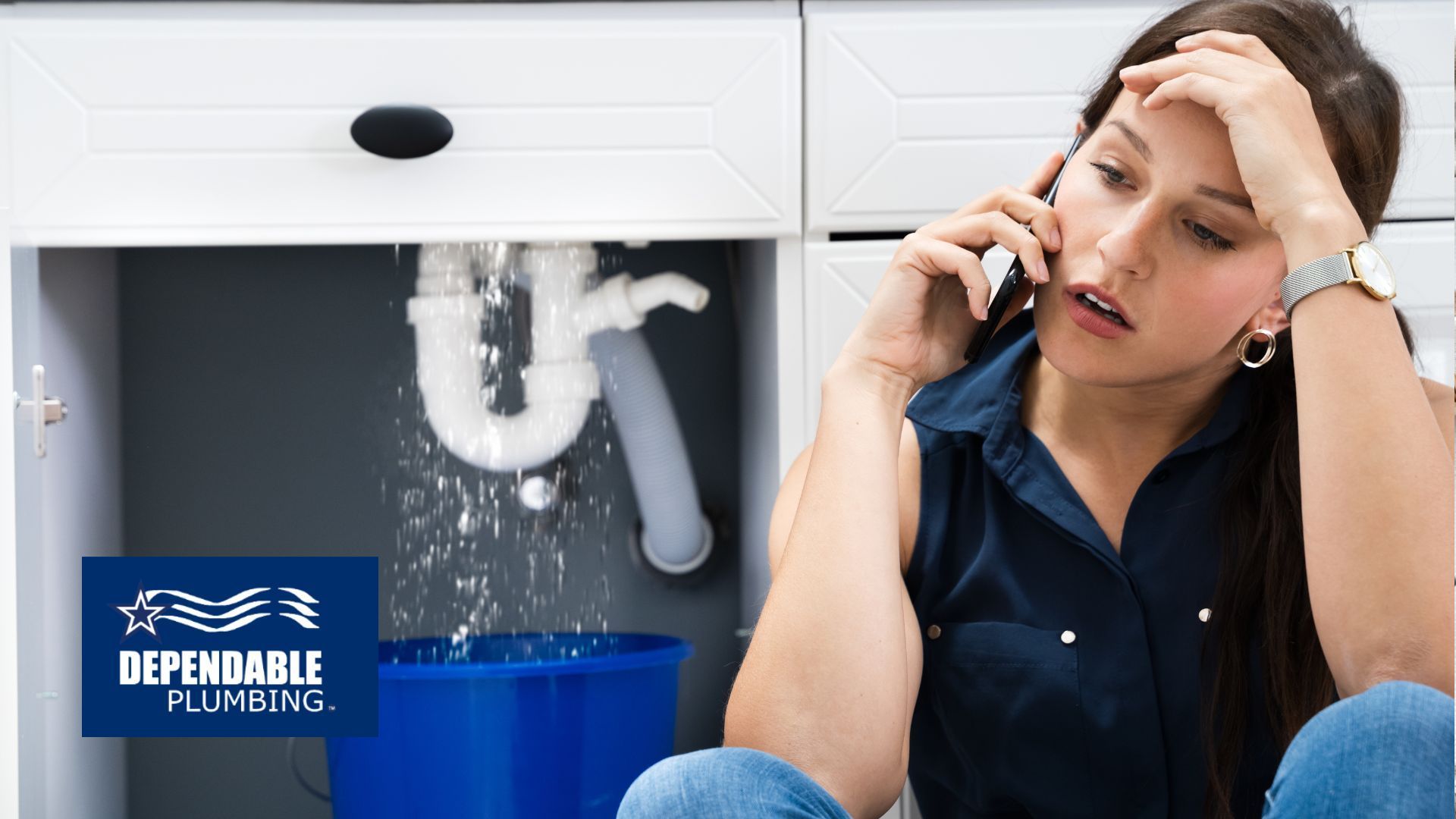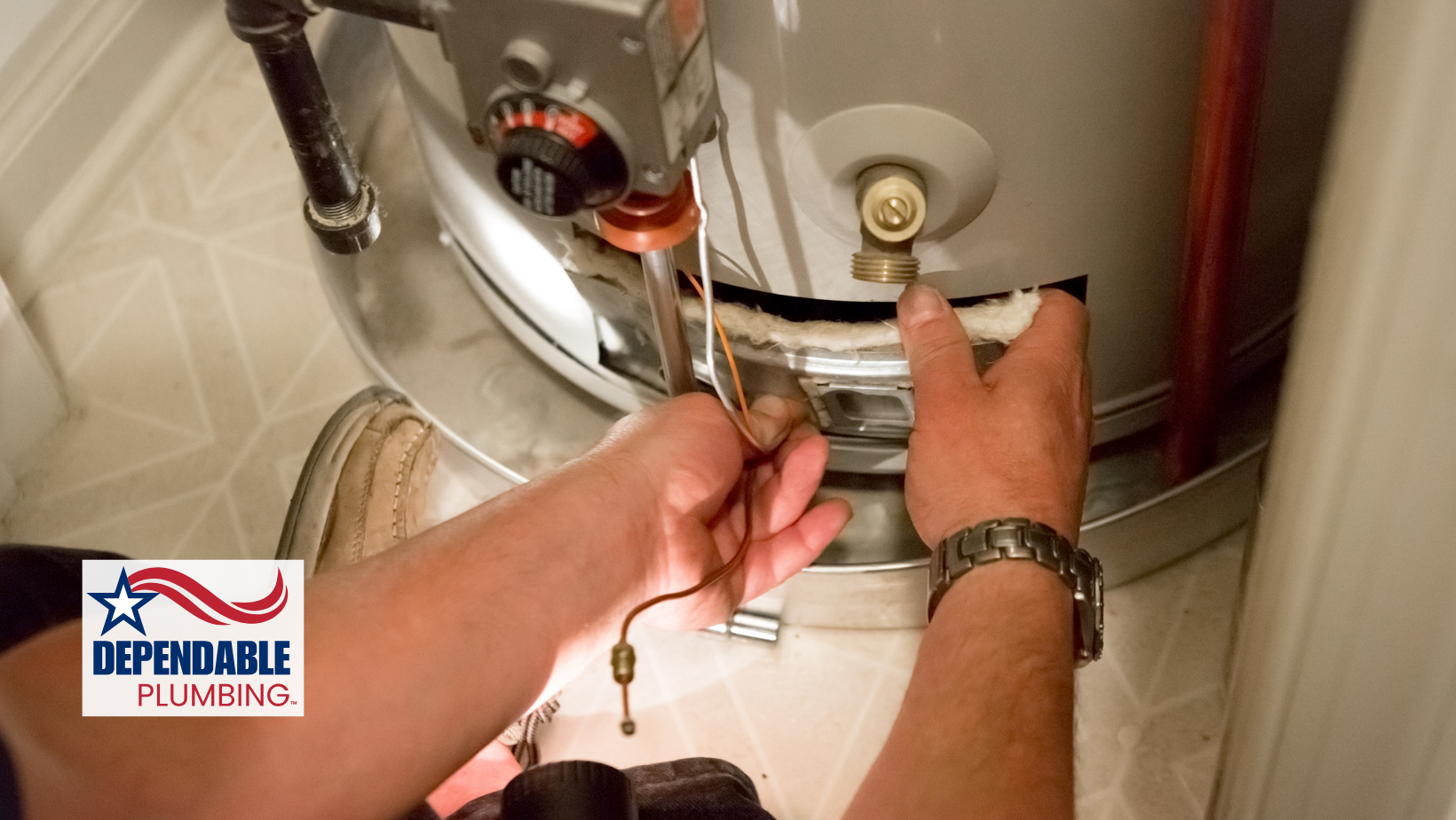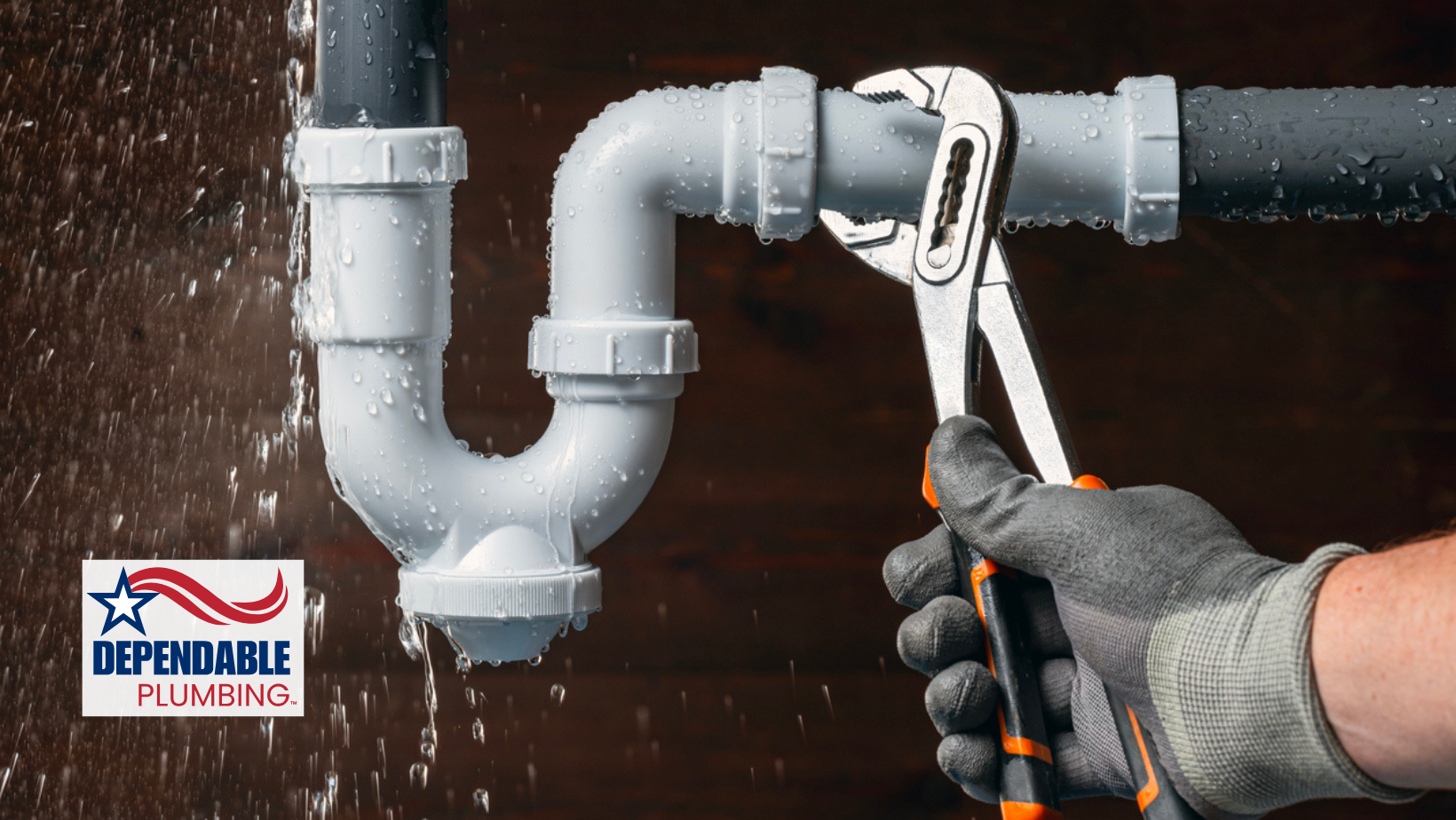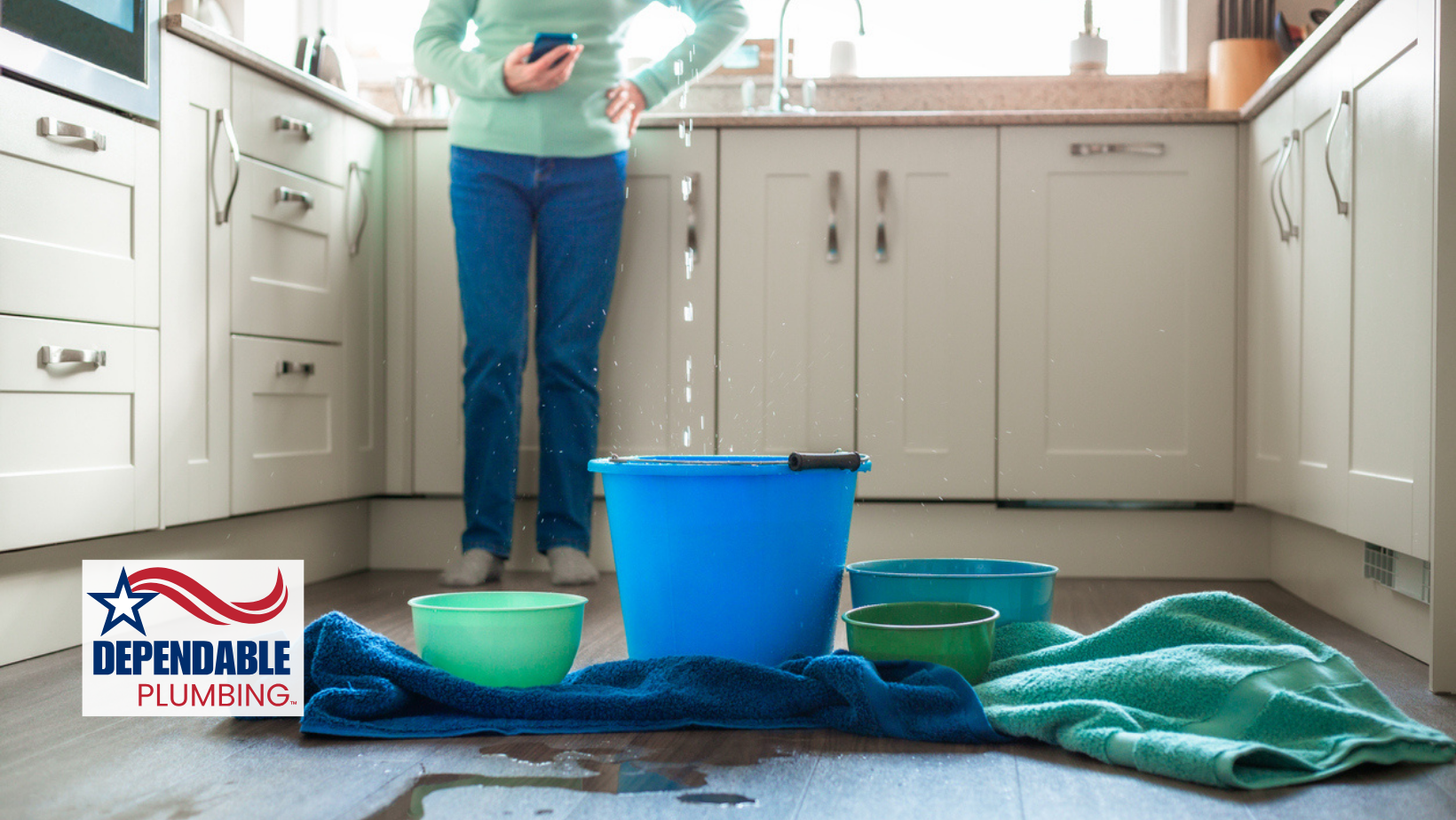Plumbing emergencies can strike at any time, causing inconvenience, damage, and stress for homeowners.
Knowing how to handle these emergencies promptly and effectively can make all the difference in minimizing damage and restoring your peace of mind. In this guide, Dependable Plumbing shares expert insights into common plumbing emergencies and how to tackle them with confidence.
Understanding Plumbing Emergencies
Plumbing emergencies encompass a wide range of issues, from burst pipes and overflowing toilets to water heater malfunctions and sewer line backups. These emergencies often require immediate attention to prevent water damage, property destruction, and health hazards. By recognizing the signs of a plumbing emergency and knowing how to respond, homeowners can mitigate the impact and avoid costly repairs.
Burst Pipes
Signs: Sudden decrease in water pressure, unusual noises from pipes, water stains or bulging walls.
Response: Shut off the main water supply immediately to prevent further flooding. Open faucets to drain remaining water from the pipes. Call a plumber for repairs.
Overflowing Toilet
Signs: Water rising to the rim of the toilet bowl and spilling onto the floor.
Response: Turn off the toilet's water supply valve. Use a plunger to attempt to clear the blockage. If unsuccessful, call a plumber for assistance.
Water Heater Malfunction
Signs: No hot water, strange noises from the water heater, visible leaks.
Response: Turn off the power or gas supply to the water heater. Check for leaks and address them if possible. Contact a plumber for diagnosis and repair.
Sewer Line Backup
Signs: Multiple drains backing up simultaneously, foul odors coming from drains.
Response: Avoid using sinks, showers, and toilets until the issue is resolved. Call a plumber to inspect the sewer line and clear any blockages.
Leaking Fixtures
Signs: Dripping faucets, leaking pipes under sinks, water stains on walls or ceilings.
Response: Turn off the water supply to the affected fixture. Attempt to tighten or replace the faulty component. If the leak persists, seek professional assistance.
Frozen Pipes
Signs: Lack of water flow from faucets, visible frost on exposed pipes.
Response: Thaw frozen pipes using a hairdryer, heat lamp, or space heater. Do not use open flames. Once thawed, insulate pipes to prevent future freezing.
Handling Plumbing Emergencies Safely
In addition to knowing how to respond to specific plumbing emergencies, it's essential to prioritize safety throughout the process:
- Shut Off Water: Familiarize yourself with the location of the main water shut-off valve in your home and how to operate it. Shutting off the water can prevent further damage in case of a burst pipe or overflowing fixture.
- Use Protective Gear: Wear gloves, eye protection, and appropriate clothing when dealing with plumbing emergencies to protect yourself from injury and contamination.
- Ventilate the Area: In the case of sewer line backups or gas leaks, open windows and doors to ventilate the affected area and prevent the buildup of harmful fumes.
- Evacuate if Necessary: If a plumbing emergency poses immediate danger, such as a gas leak or extensive flooding, evacuate the premises and call emergency services.
Preventing Plumbing Emergencies
While some plumbing emergencies are unavoidable, many can be prevented with proactive maintenance and care:
- Regular Inspections: Schedule routine plumbing inspections to identify potential issues before they escalate into emergencies.
- Proper Maintenance: Maintain your plumbing fixtures, appliances, and pipes according to manufacturer recommendations to prevent leaks and malfunctions.
- Insulate Pipes: Insulate exposed pipes, especially in unheated areas, to prevent freezing during cold weather.
- Monitor Water Usage: Keep an eye on your water bill and watch for sudden spikes, which could indicate a hidden leak.
- Educate Household Members: Teach family members how to shut off the water supply and respond to plumbing emergencies in your absence.
Plumbing emergencies can be stressful and disruptive, but with the right knowledge and preparation, homeowners can navigate these situations with confidence. By understanding common plumbing emergencies, knowing how to respond effectively, and prioritizing safety, you can minimize damage and protect your home. Trust Dependable Plumbing for expert assistance with any plumbing emergency, ensuring swift resolution and peace of mind.





